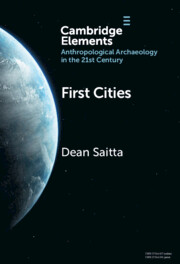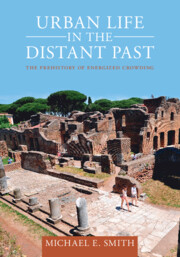Scholarship on urban China and urban India has been prolific. Studies have separately addressed urban processes of migration, spatial transformation, governance, infrastructure, land conflicts, policing, and more. However, research on these areas has rarely intersected. This article discusses the challenges of comparison in China–India urban studies, and examines recent works through an analysis of “styles and scales of comparison.” Some seek to explain national-level variations by studying selected cities in each country. Others identify convergence and divergence in the context of broader global processes, and some incorporate historical trajectories to structure a temporal comparison. Because the most rapid periods of urbanization in the first half of the twenty-first century will take place in India and China and will soon account almost half of the planet's urban population, studies of urbanization in India and China are of great importance. Careful reflection on the study of urbanization in China–India studies can also re-center urban studies away from the historically dominant American/Eurocentric perspectives.



